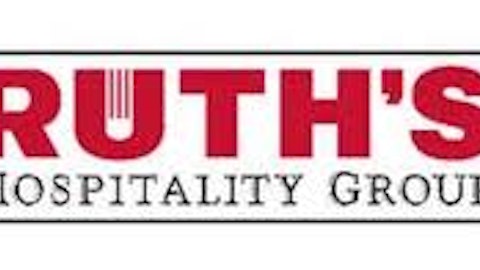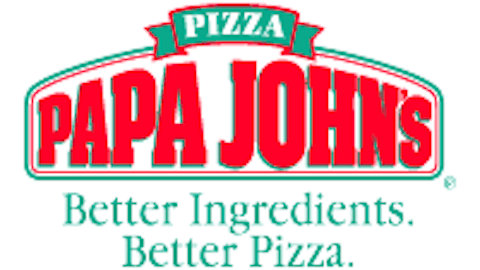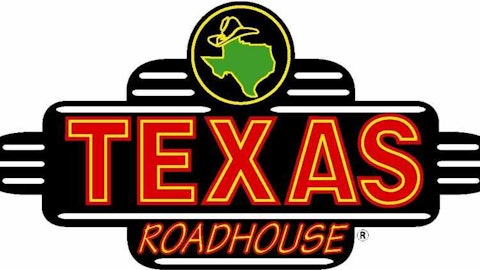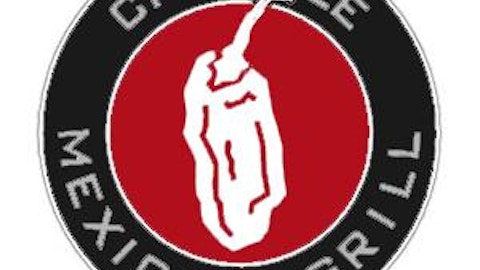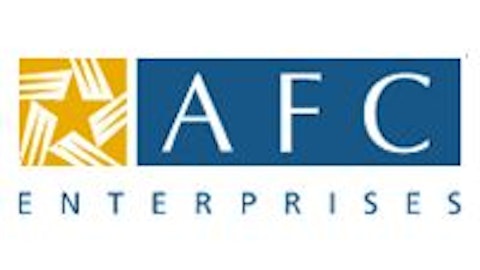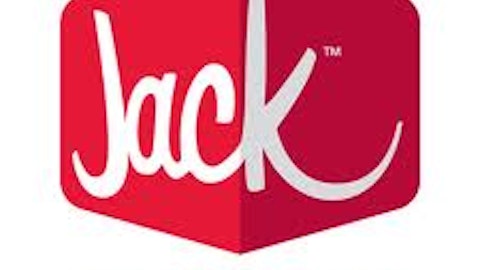Despite the fact that the restaurant industry is quite cyclical, companies can find ways to soften the cycles. Franchising is one of the best ways to achieve expansion and widen margins while at the same time assuring some revenue stability.
Although Einstein Noah Restaurant Group, Inc. (NASDAQ:BAGL), Bob Evans Farms Inc (NASDAQ:BOBE), and Jamba, Inc. (NASDAQ:JMBA) do not initially seem to be great investment opportunities, their transitions toward asset-light models will bode well for them. On their way to increased profitability, are these restaurant chains worth your money?

Holding such a name…
Einstein Noah Restaurant Group, Inc. (NASDAQ:BAGL) is a leading operator of sandwich restaurants including the Einstein Bros, Noah’s New York Bagels, and Manhattan Bagel brands. With a market cap of less than $300 million, this small company caught my eye because of its ongoing restructuring program. Einstein Noah is shifting away from its company-owned stores business model and into a capital-light franchise and licensing model, and this augurs well for its future.
Offering one of the best unit economics in the industry, the company is certainly an attractive franchise opportunity. This already shows on the 14.7% (year-over-year) increase in franchise and license revenues reported last quarter, compared to the 0.7% growth in company-owned restaurant sales . More than 200 new location commitments currently in the franchisee pipeline confirm that this trend should only accentuate going forward. With barely 10% of its locations operating under a franchise model, there’s plenty of room left for refranchising and expansion, both nationally and internationally.
Another growth driver for the next few years stems on the management´s focus on increasing the profitability of its existing restaurants. Initiatives to achieve this goal include everyday value menus for breakfast and lunch, an expansion of the product offering, and an incursion into the specialty beverages segment. These steps should help the company reach the broader public while retaining existing customers.
Trading at 23 times its trailing earnings but only 0.7 times its sales, considerably below its peers’ average, while paying out a 3% dividend yield, this is a stock to buy and hold.
These farms can be harvested
Bob Evans Farms Inc (NASDAQ:BOBE) operates restaurant chains, and it also produces food products for national grocery stores. With a market cap of $1.4 billion, its scale is much greater than that of Einstein Noah Restaurant Group, Inc. (NASDAQ:BAGL)’s. Although the company seems poised to expand, most analysts expect it to under-perform its industry peers in terms of earnings-per-share growth over the years to come .
These projections are reflected in Bob Evans Farms Inc (NASDAQ:BOBE)’ valuation at 0.9 times its sales, less than half the industry’s average valuation . Although growth will be moderate, does the current valuation (and a 2.4% dividend yield) make this stock a good investment option?
By operating in both the restaurant and grocery segments, the company can better weather fluctuations in consumer spending. This added to the fact that Bob Evans Farms Inc (NASDAQ:BOBE) actually owns most of its restaurants´ real estate, provides it with considerable stability and predictability, as well as some backup in case things go wrong in one end of the business.
Similar to Einstein Noah Restaurant Group, Inc. (NASDAQ:BAGL), I believe that Bob Evans Farms Inc (NASDAQ:BOBE)’ future is reliant on the expansion of its licensing model, Bob Evans Express. Although the first Express store was opened only a few days ago, opportunities abound and growth prospects look promising. In addition, a remodeling plan for its existing stores should also drive growth and margins in the years to come.
With several business segments poised to grow and plans to repurchase $175 million worth of shares in 2014, this stock, which might not seem like a buy at first glance, is certainly one to add to your portfolio.
Squeezing out profits
Jamba, Inc. (NASDAQ:JMBA) operates a chain of beverage, juice, fruit smoothies, and snacks retailers, mainly in the U.S. With a market cap of $225 million, this small company has caught my attention recently. After reporting a weak second quarter, its stock price started to decline. Currently, Jamba’s stock trades at about $13 per share, 17% cheaper than just before the earnings call. Valued at only 0.9 times its sales but at 416 times its earnings, is this stock a buy? I´d say it is.
Although many investors are concerned about the results, last quarter’s earnings were quite in line with the industry’s general performance. However, the market overreacted a bit, thus opening an attractive entry point for long-term shareholders.
You might wonder, why should you go long in a company that seems to be declining. Well, the answer is quite predictable by now: Jamba, Inc. (NASDAQ:JMBA) is transitioning into an asset-light model. Although revenue has been suffering over the last few quarters, the focus on franchising and other royalty-based products such as consumer packaged goods should drive growth in the longer term.
Based on conservative calculations, franchising and CPG revenue could contribute around 60% to 70% to the bottom line, widening margins considerably. I concur with Nortia Research analysts, who “..believe that Jamba, Inc. (NASDAQ:JMBA)’s proposition to potential franchisees will be strengthened by the fact that the company’s financials are heading in the right direction.”
Particularly, two initiatives seem encouraging:
The new limited-service format called Smoothie Stations, mini Jamba Juice units that can be dropped into a 100 square-foot to 200 square-foot space, [which] should also help increase the pace at which the company can grow new locations and increase its franchising and CPG revenue stream. ; and
The JambaGo outlet initiative, which works with self-service machines and points to increase the presence of the brand in high-traffic locations like stadiums and colleges.
Bottom line
Despite a weak general performance in the restaurant industry last quarter, the companies described above are still worth a look. Although not usually among the top picks in the segment, these companies are worthy additions to your long-term portfolios as they transition toward asset-light models.
The article Asset-Light Models: The Future for These Restaurant Chains originally appeared on Fool.com and is written by patricio kehoe.
patricio kehoe has no position in any stocks mentioned. The Motley Fool has no position in any of the stocks mentioned.
Copyright © 1995 – 2013 The Motley Fool, LLC. All rights reserved. The Motley Fool has a disclosure policy.
